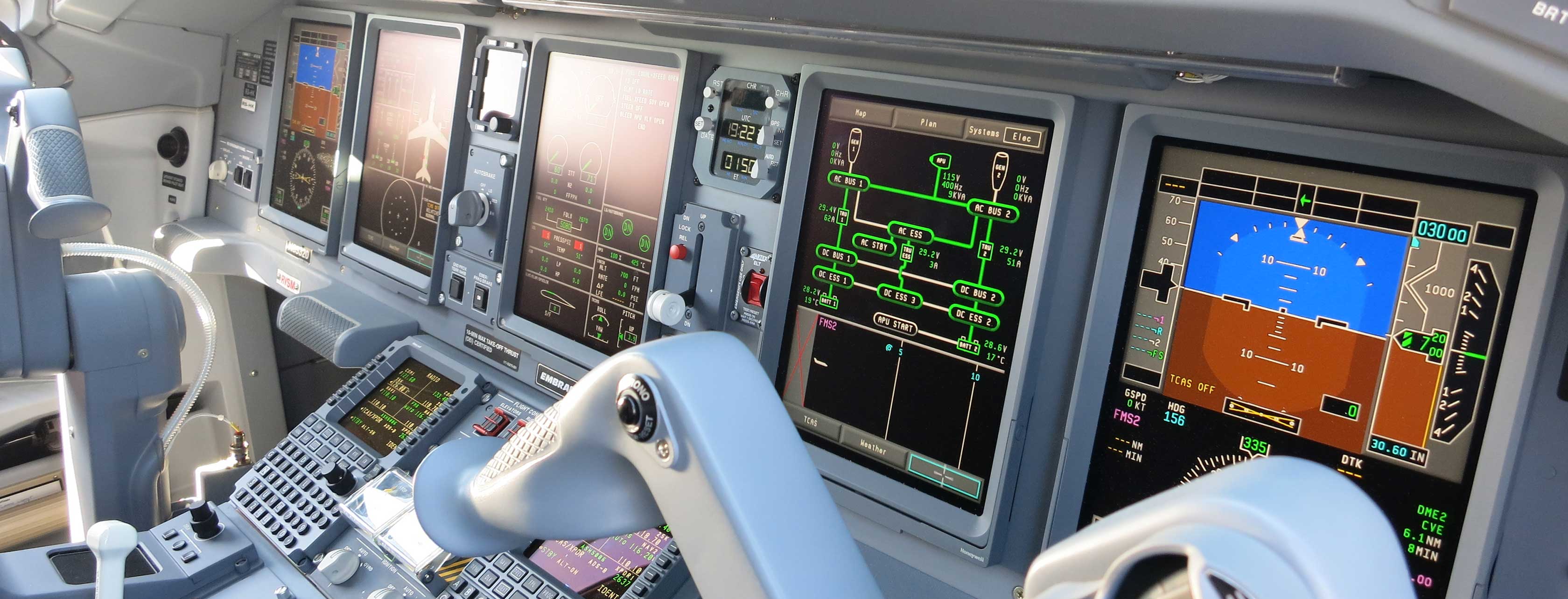As many as 80 percent of all job openings are filled by networking: which means that solid networking skills are essential to your career success, especially in a competitive industry such as aviation. Networking is an essential part of any pilot’s job search, whether trying to get your first flying job or when trying to climb the career ladder to flying bigger aircraft at another airline.

Aviation is a relatively small industry, especially for pilots. There are fewer than 100,000 airline pilots in the U.S., and barely half of that number fly for the major airlines. It really is no surprise, considering how competitive it can be to get an airline job, that relying on your friends and fellow aviators to help you get any flying job will be important.
You should start early to create your personal network. Stay in touch with people that you meet at the flight school where you learn to fly and earn your ratings and certificates. Ask for contact information (email addresses, phone numbers, addresses) so you can stay in touch with instructors, other students and even key visitors whom you meet at the school or during other occasions. It is very important that you treat every one of these people with respect and consideration, just as you would like for them to treat you. By doing this you lay the foundation for long lasting, mutually beneficial relationships that will serve all of the people in your network well for your entire career in aviation. Once you begin to build these relationships it is important to remember that you never damage them: Never burn bridges…. Ever.
The network relations will be useful in more ways than helping you get your resume in front of the right airline recruiter. They will also be the source of good advice and encouragement, and someday you may be able to provide the same to them.
If you are a student pilot or a CFI, now is the time to begin building your support group. Have a business card made for yourself, and pass it around to people in aviation that you meet. Be ready to share with them the direction that you are headed and your career goals, even if it is something such as, “I’ve just earned my Instructor Rating and I will be building time for the immediate future flight instructing. I will be looking forward to getting on with a Regional Airline, but eventually I want to fly for a major airline.” When others see how enthusiastic you are they will be anxious to help you.
Your network of fellow aviators will benefit you for years to come. When you do get the job you want, it is very possible that someone in the network will have helped you get it in some way. Remember the favor they did for you, and help pass the favor forward whenever you can. You will help keep your network alive and thriving for your entire career in aviation and beyond.

